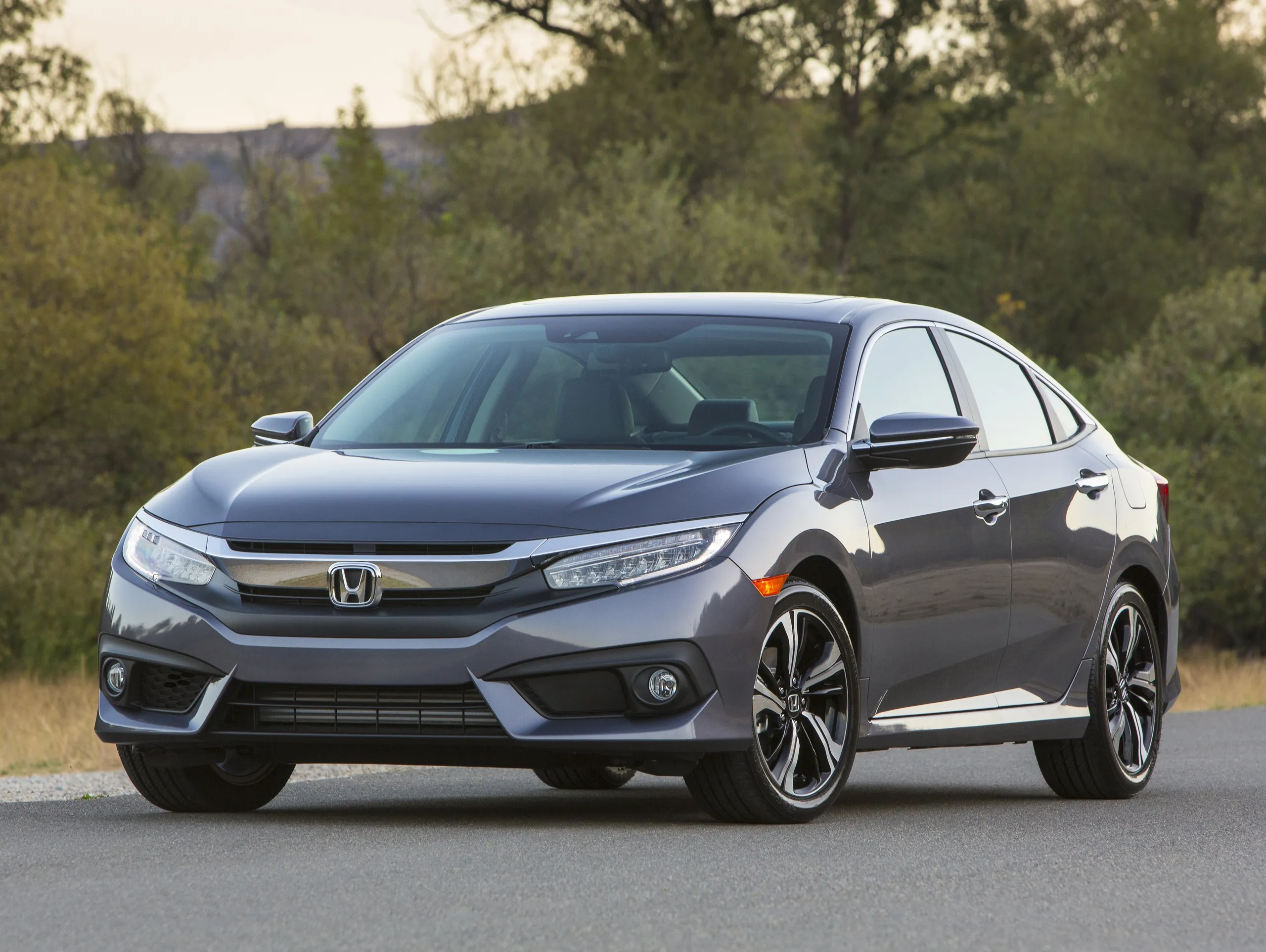Winter can be harsh on your vehicle, affecting everything from battery performance to tire traction. Preparing your car for cold weather helps ensure it stays reliable, safe, and efficient during the winter months. From checking your battery to using the right fluids, here are essential car maintenance tips for winter to keep you and your vehicle safe on the road.
Check Your Battery Health
Cold temperatures can significantly affect your battery’s performance, as they reduce its ability to hold a charge. Have your battery tested before winter to ensure it’s strong enough to handle cold starts. Clean any corrosion from the terminals and make sure the connections are secure. A healthy battery is essential to avoid being stranded in cold weather.
- Keywords: Battery, performance, cold, charge, tested, corrosion, terminals, connections, healthy, stranded.
Use Winter Tires for Better Traction
Winter tires are specifically designed for improved traction on icy and snowy roads. They have a softer rubber compound that remains flexible in low temperatures, giving you better control. Consider switching to winter tires if you live in an area with harsh winter conditions, as they provide better grip and shorter braking distances.
- Keywords: Winter tires, traction, icy roads, snow, rubber compound, flexible, control, grip, braking, conditions.
Check Tire Pressure Regularly
Cold weather causes tire pressure to drop, which can affect your car’s handling and fuel efficiency. Check your tire pressure weekly during the winter and keep it at the recommended level. Properly inflated tires maintain better contact with the road, providing improved traction and stability on slippery surfaces.
- Keywords: Tire pressure, cold, handling, fuel efficiency, recommended level, inflated tires, contact, traction, stability, slippery.
Keep an Eye on Antifreeze Levels
Antifreeze, or coolant, prevents your engine from freezing in low temperatures. Make sure your car’s coolant levels are topped off and check the mixture to ensure it’s a 50/50 blend of water and antifreeze. This balance protects the engine from freezing while also preventing corrosion in the cooling system.
- Keywords: Antifreeze, coolant, engine, freezing, temperatures, levels, 50/50 blend, water, corrosion, cooling system.
Use Winter Windshield Wiper Fluid
Winter windshield wiper fluid is designed to prevent freezing and improve visibility. Regular wiper fluid can freeze on your windshield, reducing visibility and increasing the risk of accidents. Switch to a winter formula to ensure it flows smoothly and effectively clears ice, snow, and slush from your windshield.
- Keywords: Windshield wiper fluid, freezing, visibility, regular, winter formula, ice, snow, slush, windshield, clear.
Test Your Heater and Defroster
Your heater and defroster are essential for comfort and safety during winter driving. Make sure they’re functioning properly to keep the cabin warm and to prevent fog and ice buildup on windows. Test both systems before temperatures drop to avoid driving with poor visibility.
- Keywords: Heater, defroster, comfort, safety, winter driving, cabin, fog, ice buildup, windows, visibility.
Replace Worn Wiper Blades
Good wiper blades are essential for keeping your windshield clear in snowy and rainy conditions. If your wiper blades are worn or streaking, replace them with winter-specific wipers that are built to withstand colder temperatures and handle heavier precipitation. This ensures optimal visibility during challenging winter weather.
- Keywords: Wiper blades, windshield, snow, rain, worn, streaking, winter-specific, temperatures, precipitation, visibility.
Keep Your Gas Tank Full
Keeping your gas tank at least half full during winter helps prevent the fuel lines from freezing. A full tank also provides peace of mind if you get stuck in traffic or need to idle the car to stay warm. Avoiding a near-empty tank reduces the risk of moisture buildup in the fuel lines, which can lead to freezing.
- Keywords: Gas tank, fuel lines, freezing, full, traffic, idle, warmth, moisture, buildup, winter.
Lubricate Door Locks and Hinges
Cold weather can cause door locks and hinges to freeze, making it difficult to access your vehicle. Use a lock lubricant or spray a small amount of WD-40 into the locks and hinges to prevent them from freezing. This simple step can save you from being locked out of your car on a cold winter day.
- Keywords: Door locks, hinges, freezing, access, lock lubricant, WD-40, winter, prevent, cold, locked out.
Prepare an Emergency Kit
Having a winter emergency kit in your car is essential for safety. Include items like a blanket, flashlight, jumper cables, first aid kit, and non-perishable snacks. An emergency kit provides peace of mind and can be a lifesaver if you encounter unexpected winter weather or breakdowns.
- Keywords: Emergency kit, winter, blanket, flashlight, jumper cables, first aid, snacks, peace of mind, safety, breakdowns.
Wash and Wax Your Car
Road salt and grime from winter roads can corrode the car’s exterior and undercarriage. Washing and waxing your car before winter, and periodically during the season, helps protect the paint and metal parts. Pay special attention to the undercarriage, as salt buildup can lead to rust.
- Keywords: Wash, wax, car, road salt, grime, exterior, undercarriage, protect, paint, rust.
FAQs
1. How often should I check my tire pressure in winter?
It’s recommended to check your tire pressure weekly in winter, as cold temperatures cause pressure to drop more quickly.
2. Is it necessary to switch to winter tires?
If you live in an area with heavy snowfall or icy roads, winter tires provide better traction and safety compared to all-season tires.
3. Why should I keep my gas tank full in winter?
A full gas tank prevents the fuel lines from freezing and ensures you have enough fuel to stay warm if you’re delayed or stuck.
4. What should be in a winter emergency kit for my car?
Include a blanket, jumper cables, flashlight, non-perishable food, and first aid kit for safety during winter breakdowns or delays.
Conclusion
Winter car maintenance is essential for keeping your vehicle safe and reliable in cold weather. By following these tips—from checking your battery to using winter wiper fluid—you can ensure your car is prepared for the challenges of winter driving, enhancing both safety and performance.









